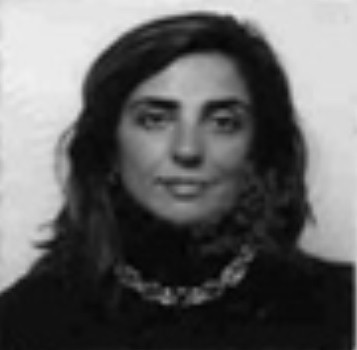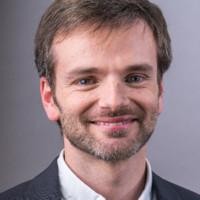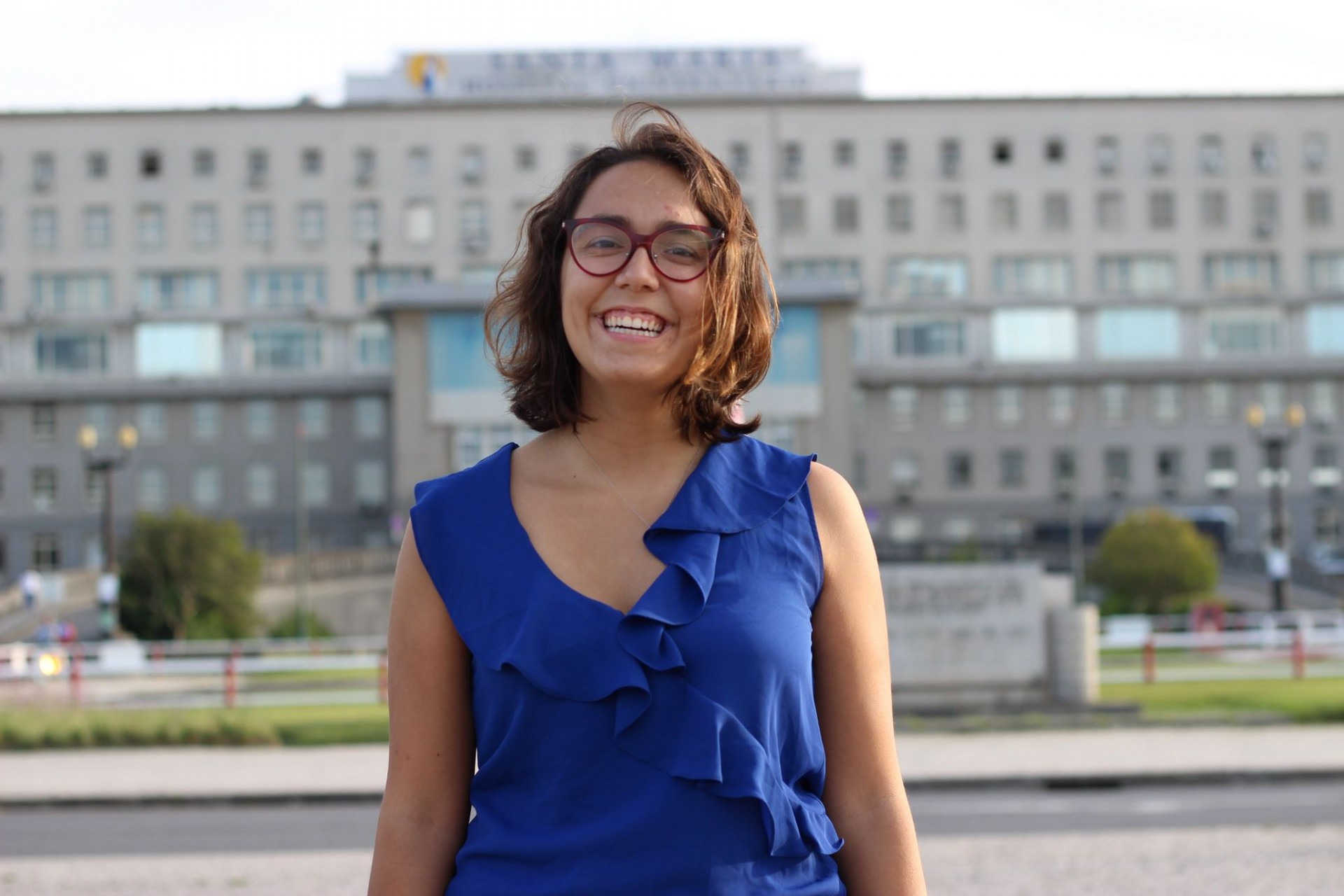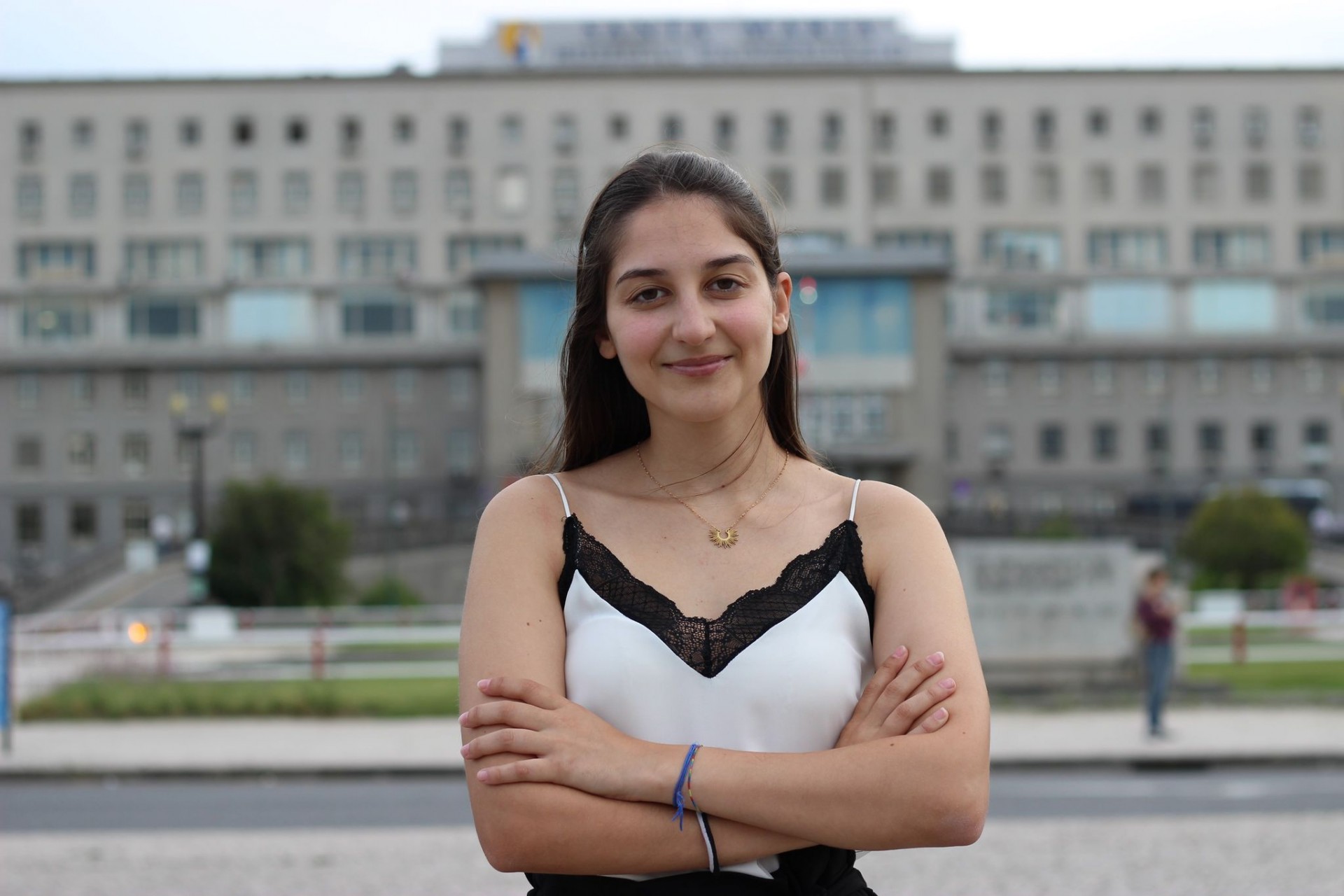The team that constitutes the Mentoring 2.0 Project did not allow itself to be overcome by the difficulties of this year and decided to take advantage of the potential of the digital world, broaden horizons and present the academic community, not only from FMUL, but also from other medical schools, with Job Talks: Up We Grow.
This year, the initiative, already well-known to us, was divided into 3 parts: Lectures, Job Talks and Workshops, attracting a total of 421 participants. These included students external to FMUL from other Medical Schools, namely, University of Coimbra, Universidade Nova de Lisboa, and University of Beira Interior, among others.
The range of speakers was varied and multipurpose. Some trained at FMUL, others had curious paths, all with a single objective in mind: to dispel doubts about the different future careers of our young students. Among more conventional profiles and more alternative ones, we present some examples, which will certainly allow us to demonstrate that not all choices have to be the same, as there is scope for variety and different combinations.
At the end of two days of hard work (2 and 3 of December), the Mentoring 2.0 team managed to prove that it is possible to innovate and colour the profession of nutritionist, doctor or researcher with other options in the business web.

Ana Sofia Brito graduated in Medicine from the Faculty of Medicine of the University of Lisbon (FMUL), and is a specialist in Psychiatry and Mental Health and Forensic Psychiatry. She was a lecturer at FMUL and currently works at the Centre for Forensic Sciences at the University of Coimbra's interdisciplinary research institute. Having extensive clinical experience in prison (2012-2016), she was one of the faces of the Job Talks of Medicine, disclosing her career in Forensic Psychiatry.
Forensic Psychiatry is a subspecialty of Psychiatry, auxiliary to the Law, where psychiatric knowledge is placed at the service of Justice. It became a subspecialty in January 2015 at the National Executive Council of the Medical Association of Forensic Psychiatry.
When asked about how this branch of psychiatry may influence the health of society, Ana Sofia Brito said that “The Forensic Psychiatry subspecialty will not have the primary objective of safeguarding the population's Mental Health. (…) Its purpose is legal and not medical, the function of the Forensic Psychiatrist is the production of expert evidence and not medical treatment, distancing itself from the curative model in the search for a factual truth”. However, the specialist also guarantees that “in addition to the expert activity, the Forensic Psychiatrist must be familiar with therapeutic procedures, indicated in certain types of behaviour that lead to committing criminal acts, and with the assumptions that legitimize the admission of those who have serious psychic anomaly, or who are in a situation that may imply danger to themselves or others or deterioration of their health, if they do not have the discretion to assess the meaning and scope of consent to undergo treatment.” Only in this sense, it is possible to affirm that Forensic Psychiatry can be considered a branch of psychiatry that influences the health of a society. Another question raised during her testimonial was how Forensic Psychiatry could support the Justice sector in decision making. According to the expert: “In order for people to be considered as having civil and criminal capacity and consequently to be responsible for their actions, it is necessary that they present mental health and psychic maturity. Criminal imputability implies that the agent has full discernment of his acts or the ability to determine himself in accordance with that understanding. Criminal liability thus arises, as a consequence of the acts performed in accordance with this same understanding. Civil capacity implies the ability to acquire rights and contract obligations, without the need for legal representation. Forensic Psychiatry helps to clarify whether or not there is a mental disorder or illness and to elucidate the extent to which that same change will have implications for attributing responsibility for a specific act. In particular, it is up to the expert to apply his knowledge in order to cooperate with the Justice, enabling the Court to decide consciously.”
Still according to Ana Sofia Brito, looking for a more technical classification, one can say that the Expert:“ is the person who mainly refers to his views, but also his perceptions about facts, using in any case the special knowledge he has or his own professional status” (A. Varela, Man. Proc. Civil, 2nd ed.-579). “It is a medical practice that contributes to several areas of law and strengthens a fairer legal enforcement in line with ethical principles. Through dialogue with those who know psychopathology and know how to assess cognition, affectivity and behaviour, careful informed scientific and technical objective and impartial judgments are made according to Leges Artis”.

Telehealth was also a topic addressed during the Lecture dedicated to emerging areas of medicine, in which we highlight Doctor Miguel Santos, also a FMUL graduate, Hospital Assistant in Cardiology at Professor Fernando Fonseca Hospital and external medical consultant in the Shared Services of the Ministry of Health (SPMS) in the Directorate of the National Centre of TeleSaúde and SNS 24.
Regarding the concepts of Telehealth, eHealth and Telemedicine, the cardiologist began by clarifying that they are not synonymous, despite their proximity (because they are based on the use of information and communication technologies - to support health at a distance, in the areas of healthcare provision, organization of services and training of health professionals and citizens).
According to Doctor Miguel Santos: “Although they have existed for more than two decades, until 2020 they were not part of the daily lives of most doctors or citizens. During these more than 20 years, technological solutions and scientific evidence were being built, but the discussion about "Should we move forward?" remained. Human nature is one of personal contact, not one of contact with a screen - we all agree on this. However, if it was already clear to some that Telehealth would be a necessity for some patients with mobility difficulties, and also for the sustainability of health systems, the COVID-19 pandemic has made this clear to everyone”.
Still regarding his involvement in Job Talks, the former FMUL student explained that it was a pleasure to be able to share a little of the current state of telemedicine in Portugal, at the Faculty where he graduated 15 years ago. Regarding the promotion of Telehealth, he also states that “Like what is done in top medical schools worldwide, medical education at national level will have to adapt. For patients, it will be essential that doctors know how to do an anamnesis and physical examination during a teleconsultation, as well as how to do it in person”.

João Lopes graduated in Nutrition at ESTeSL and has always focused on the Sports area. In the performance of his duties, as a nutritionist at Sporting Clube de Portugal and ComCorpus Clinic, he states that his main daily concern is maintaining the performance of his athletes, especially with regard to two critical points: Fatigue management, and body composition management. “Nutrition can certainly boost the performance of athletes, especially when adapted to the particularities of the exercise they perform. The athlete's goal is technical/physical execution at the best possible level, and, in this sense, pre, intra, and post event food strategies are very important, with special emphasis on nutritional strategies outlined in the week prior to the event. It is also possible (and advised) to train nutritional strategies for greater effectiveness. As an example, the increased supply of carbohydrates in the pre-competition period and during the competition.”
About his collaboration in the Nutrition Job Talk, he emphasized the relevance of this opportunity to offer a glimpse of the profession, in its practical aspect, and, in parallel, to open horizons for a range of specializations and, thus, meet the personal preferences of each student.
But we did not look for testimonials only from the invited speakers, the students of our faculty also have a say in this initiative, which can help them a lot:

Inês Costa Louro, Year 4 student of the IMDM
“This project is extremely important, especially at a time when FMUL students are beginning to think about their future and the opportunities they have. Not only does it help us get to know various specialties and "acquire a taste” for some that we never considered, but it also allows us to open horizons and look at possibilities that escape the classic path of a clinician, through lectures on volunteering, and emerging areas in medicine. It is essential to have events that allow us to gain another perspective on the different directions that our future may take and that motivate us to look for new options and paths. Up We Grow managed to bring together all these qualities.”

Sara Lopes, Year 3 student of the NSD
“The initiative was very important for my professional future, as it showed me the different realities of the professional activity of a nutritionist and showed me projects and areas of expertise that I did not know about, but that can be a gateway to my professional life. Undoubtedly, the existence of this project is an asset!”
Job Talk Up We Grow were not limited to the topics of Forensic Psychiatry, Telemedicine or Sports Nutrition, as there were many subjects on the table. Now we just have to wait for what the Mentoring 2.0 team can offer us next year. One thing is certain, this project and its initiatives are always present to support students, and they always manage to surprise by supporting themselves in choices capable of keeping up with trends.
Isabel Varela
Editorial Team

